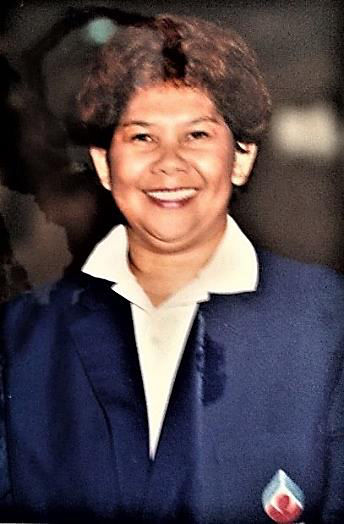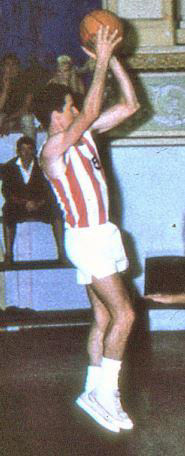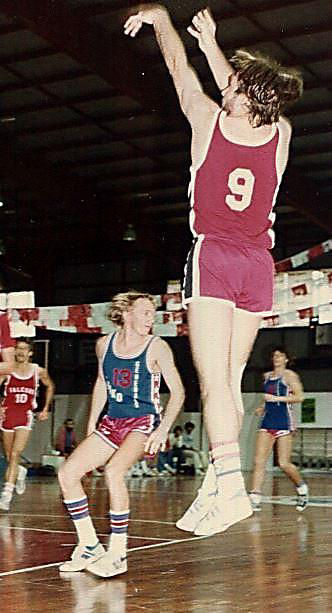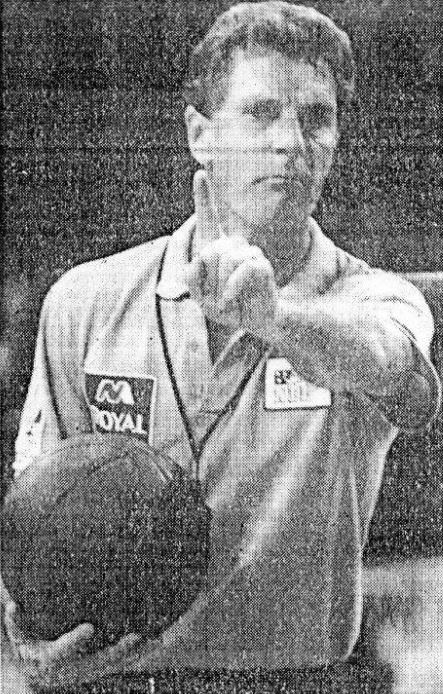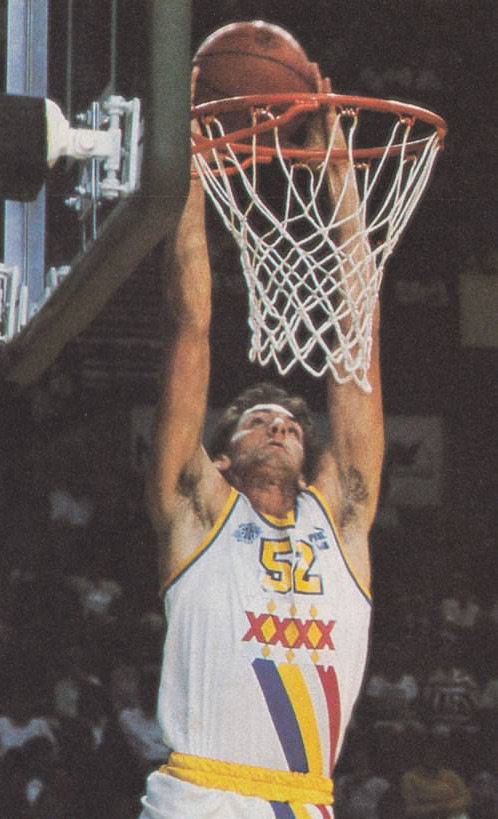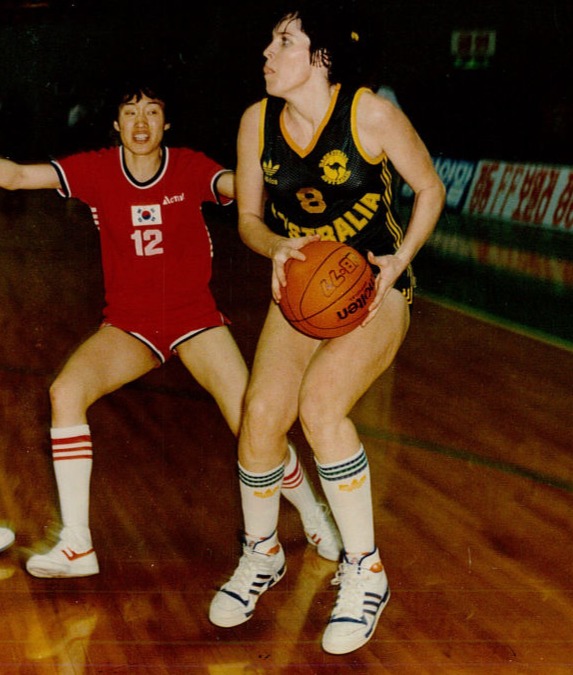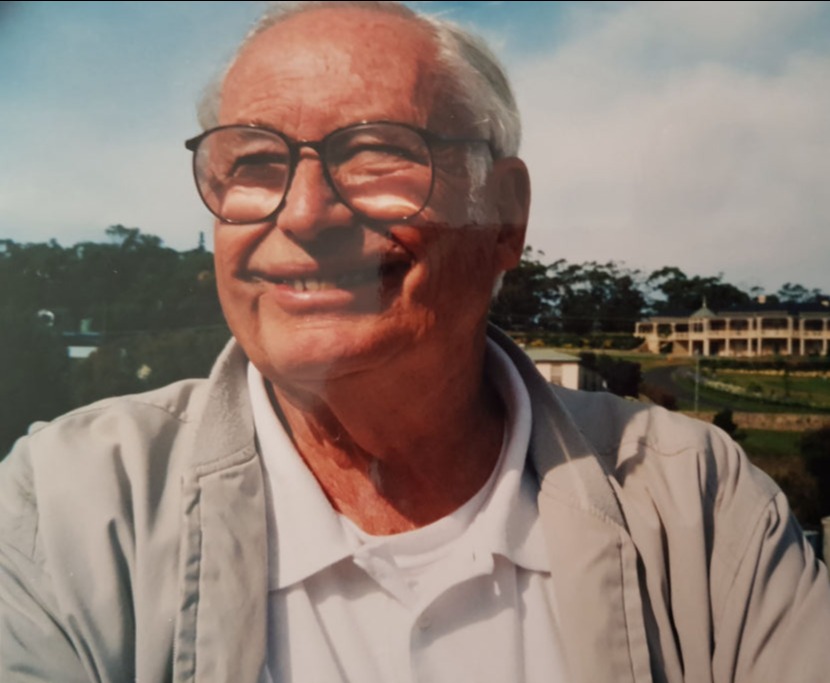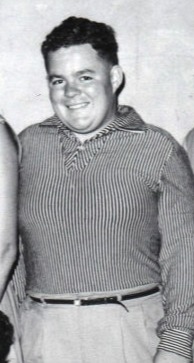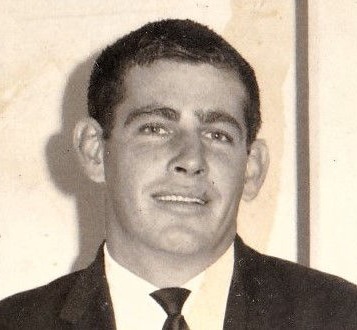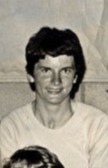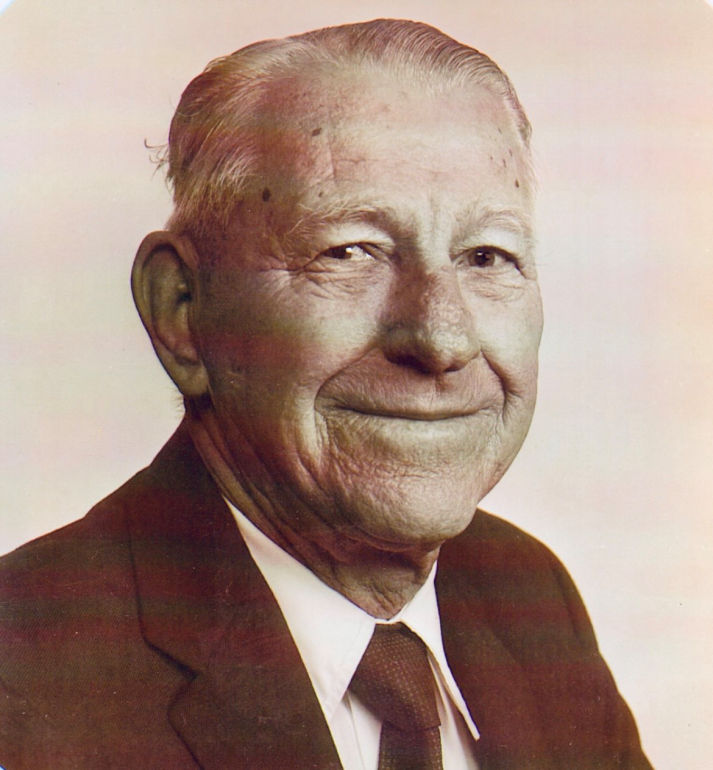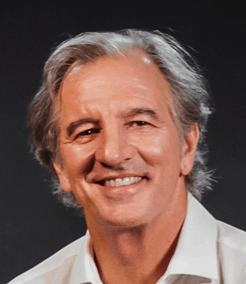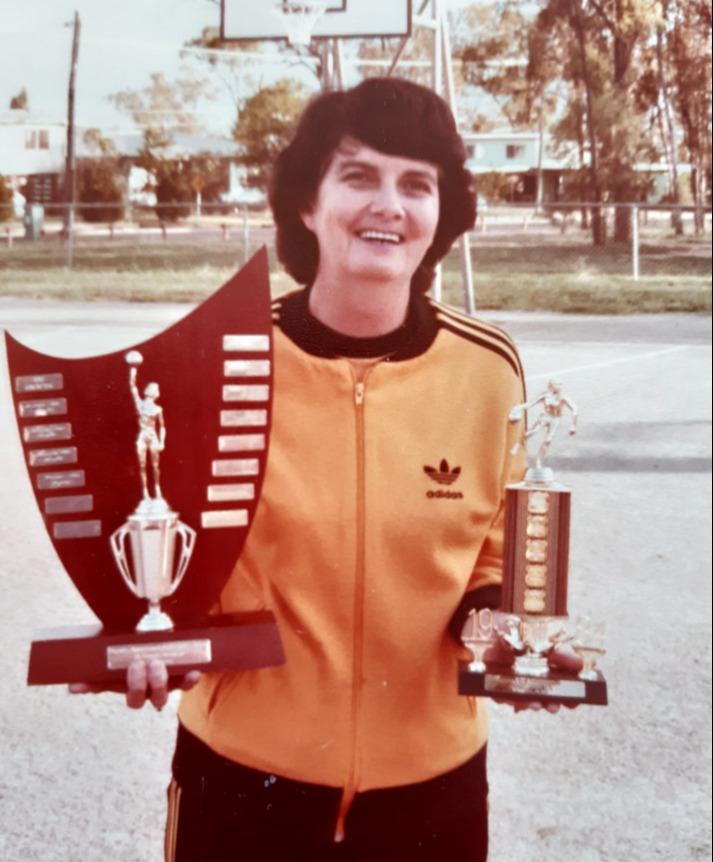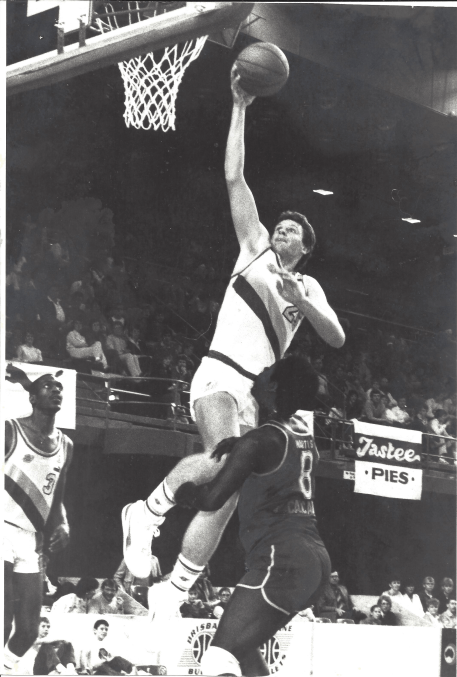The only girl in a family of five children, Patsy Elarde (nee Remedio) started playing basketball in the tiny sugar town of Babinda, about 60kms south of Cairns. By the time she was 15, Patsy was playing in the same team as her mother.
After her marriage to Cairns basketball player George Elarde, Patsy and George settled in Cairns, where they become involved in other aspects of the game. It was there that they formed the Kiwis Basketball Club, which became the largest basketball club in the region.
Under Patsy and George’s leadership, coaching and guidance, and with Patsy also a member of the committee of Cairns Amateur Basketball Association, Kiwis Basketball Club became a successful basketball nursery developing many Queensland players, the most prominent of whom included Boomer and double Olympian Danny Morseu and Opal Jenny Reisener.
In 1984, Patsy coached a Queensland representative Aboriginal and Torres Strait women’s team at the ATSIC Under 19 Championships in Sydney, where the team went undefeated, and in 1985 she coached a senior Indigenous women’s team which won the Queensland All Blacks carnival in Gladstone.
Patsy’s coaching resume is truly outstanding, coaching a number of state representative and league teams, including coaching the Cairn Lady Marlins and the ACT Academy of Sport basketball teams to state finals. During that time Patsy took the Academy’s team to the NSW State League grand finals, was appointed head coach of the ACT Basketball ITC program and was the recipient of the inaugural NAIDOC National Coach of the Year award at the NAIDOC Awards in Darwin.
In 1997 Patsy was appointed as head coach of the National Indigenous Under 20 Women’s Basketball Team which participated at the Samoa International Games. Patsy’s team was undefeated and returned home with the gold medal.
For more than 30-years, with the support of her husband George and while continuing to maintain her close links to basketball and basketballers in Queensland, Patsy Elarde has been to the forefront in the opening of, the development of and the maintenance of basketball pathways for young Australians.
Through her coaching, her mentoring and her advocacy, Patsy’s extraordinary contributions have enabled countless Australians, including many First Nations Australians, to achieve their dreams at every level of basketball in Australia.
Patsy Elarde is a most worthy inductee into the Queensland Basketball Hall of Fame.
